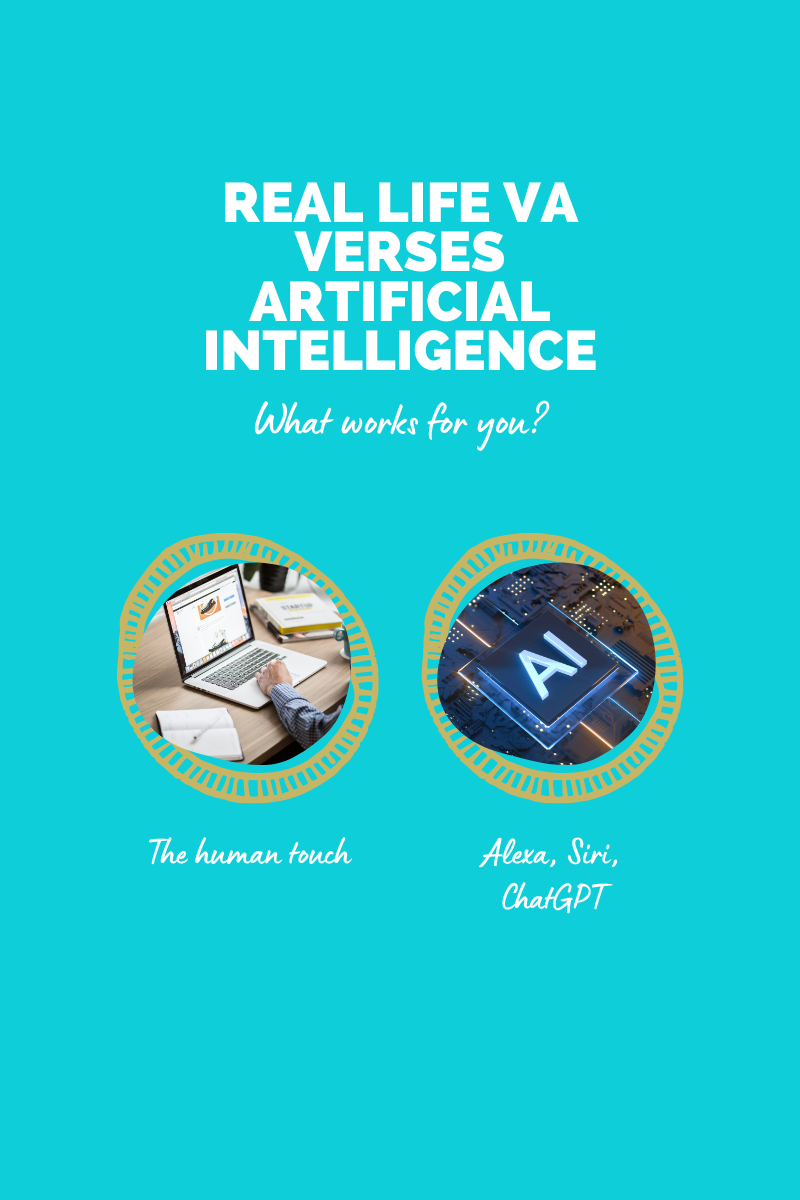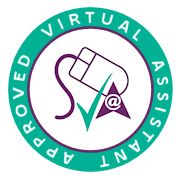Access To Work - How does it work and how do I access it???

Welcome to this month’s mini blog where I am building upon last month's discussion on mental health matters, this month, I delve deeper into a crucial support system that often goes unnoticed: the 'Access to Work' funding scheme.
In my role as a support worker/virtual assistant, I have had the privilege of working closely with clients who access the 'Access to Work' funding scheme to propel their businesses forward. It is disheartening to see that many people remain unaware of this valuable scheme and the support it provides, potentially missing out on the assistance they are entitled to.
Specifically, I work with individuals who have ADHD and ASD and have successfully obtained grants for support workers. Together, we tackle the challenges of planning, organising, and managing their business and personal affairs. However, as you continue reading, you will discover that 'Access to Work' offers various types of support and funding tailored to different disabilities and mental health conditions.
Join me on this journey as I shed light on the untapped potential of the 'Access to Work' scheme. Let's empower individuals with disabilities and mental health conditions to thrive in their entrepreneurial endeavours…happy reading…
Access to Work is a government scheme designed to assist individuals with physical or mental health conditions or disabilities in obtaining or maintaining employment.
Eligibility:
To qualify for Access to Work support, you must:
- Have a physical or mental health condition or disability that requires job-related support.
- Be 16 years or older.
- Be employed, self-employed, or about to start or return to paid work in the next 12 weeks.
- Live and work (or about to start/return to work) in England, Scotland, or Wales (Northern Ireland has a different system).
- Not reside in the Channel Islands or the Isle of Man.
Access to Work Funding: The program offers various forms of support based on individual needs, including:
- Grants to cover practical support at work: This includes funding for BSL interpreters, note takers, adaptations to vehicles, taxi fares, support workers, and job coaches.
- Support for managing mental health at work: Access to Work provides tailored plans and one-on-one sessions with mental health professionals.
Income and Benefits:
Access to Work support is available regardless of your earnings or savings. You can receive it alongside most benefits, as long as you work more than one hour per week. If you're receiving Employment and Support Allowance (ESA), you can access both ESA and Access to Work funding simultaneously if you work less than 16 hours a week.
Applying for Access to Work:
To apply for Access to Work funding, check your eligibility and submit your application directly to the scheme. For mental health support, you can apply through Able Futures or Maximus, depending on your circumstances.
Remember, Access to Work funding is aimed at providing practical assistance and support to ensure your success in the workplace or for the success of your business, regardless of your disability or health condition. Take advantage of this opportunity to overcome challenges and thrive in your professional journey!
For more detailed information, please refer to the official Access to Work website: https://www.gov.uk/access-to-work


Virtual Possibilities Blog







